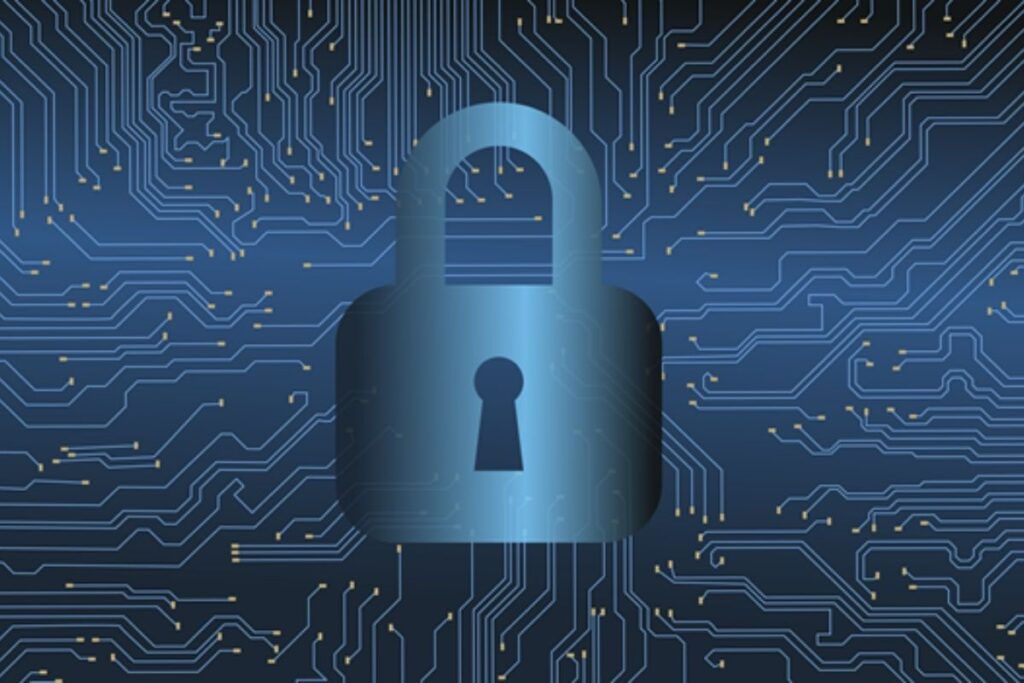Cybercrime is a growing problem in the digital era. It is estimated that there were over 1400 major data breaches in the United States in 2019 and over 540 reported in the first half of 2020. Such events are becoming more frequent with each passing year, so companies in all industries should prioritize cybersecurity.
Let’s take a closer look at cyberattacks and the need for proper cybersecurity in 2021.
What are Cyberattacks?
A cyberattack is an attempt to gain access to, steal, or destroy digital assets. These assets are usually private data. However, they may include other files or systems stored on a digital device. Some common types of cyberattacks include:
BEC Attacks
BEC stands for Business Email Compromise. During these attacks, the cybercriminal hacks into a company’s email system and sends messages to other employees or clients, posing as a manager or another employee. They may then use this strategy to ask for payments or to obtain sensitive information from the company.
Phishing Attacks
Phishing attacks are another type of scam that is delivered via email. These cybercriminals send emails that appear as though they have been sent from a trustworthy source. However, this is usually an attempt to get recipients to share sensitive information such as their credit card number or a social security number.
In some cases, the cybercriminal may include an attachment containing a malicious payload in the email. Once downloaded, this file infects the computer with worms and/or installs ransomware to hold the system hostage.
Vishing Attacks
Vishing attacks are similar to phishing attacks. However, in these attacks the cyber attacker typically uses a phone instead of email to gain access to confidential information. They may then sell this information on the black market or use it to access bank accounts.
Attacks on IoT Systems
Many companies use IoT systems that link digital devices across a shared network such as the internet. Unprotected IoT systems are vulnerable to attacks from cybercriminals that wish to infiltrate the network and take control of it. It may take only one device being hacked for the cybercriminal to gain access to the entire network and disrupt business activities.
Solarwinds Cyberattack
A recent example of a major cyberattack which we should all take note of was the Solarwinds hack. This cyberattack is believed to have been state-sponsored, and impacted the US Treasury, Department of Homeland Security, Department of Commerce, and parts of the Pentagon.
Hackers slipped malicious code into monitoring software used by the aforementioned government agencies and stole a large volume of personal information. If the U.S government is exposed to such attacks, private businesses may be even more vulnerable to them.
Protecting Yourself from Cyberattacks
Cyberattacks should concern companies from all industries. However, the threat of such attacks are especially significant for businesses in the healthcare, accounting, and legal industries. A single cyberattack can shut down your system or result in sensitive information being shared with others. This may cause your business to experience significant financial losses. Cyberattacks on hospitals are especially heinous as hackers may lock medical personnel out of medical records systems that contain patient information required to save lives. For these reasons, companies should strive to protect themselves from cyberattacks in various ways. This includes
1. Using Multi Factor Authentication
Multi factor authentication (MFA) asks users to use multiple forms of verification to access a system or a network. It’s similar to 2-step verification in which you are asked to verify a code sent to your phone along with entering your network password. However, this approach can be time consuming and inconvenient to use if the MFA was set up poorly. This is one of the major reasons why a professional cybersecurity company with security expertise be used to help guide businesses in the implementation of the right MFA at their workplace and reduce the likelihood of cybercriminals gaining access to the network
2. Install Endpoint Protection
Endpoint security is the practice of safeguarding the data and workflows associated with the individual devices that connect to your network. All companies should have endpoint protection installed on their network. Ordinary antiviruses can block viruses from entering your system, but a proper endpoint protection system goes beyond that by also detecting viruses on your devices.
3. Engage a Cybersecurity Firm
If you want to prioritize data storage protection reduce downtime, maintain reputation, and safeguard your network, you should seriously consider using a managed service provider that specializes in cybersecurity, such as Century Solutions Group. Century Solutions Group offers IT security services for businesses in a number of industries. We can identify vulnerabilities in your system and address them immediately. This includes training employees to avoid phishing scams, monitoring your network, and setting up endpoint protection to keep your system protected from the latest threats. How vulnerable is your business and how does your security stack compare??

About Century Solutions Group, Inc.
At Century Solutions Group, we do IT support differently. We invest in our people, our technology and training to ensure we deliver unparalleled, customized computer support services to help you achieve your goals with your budget in mind. We have helped Atlanta Georgia businesses since 1996, giving us the experience to handle the most challenging and dynamic environments—and we can help you, too with the best managed services.
*Business must have 10 + computer workstations. * Business must be based in GA *While supplies last.

